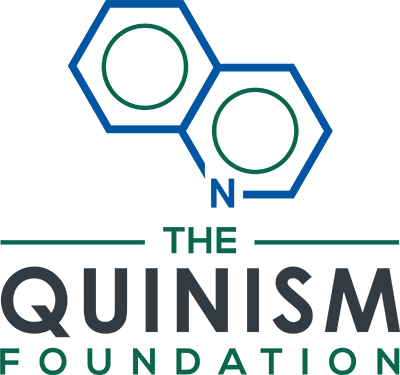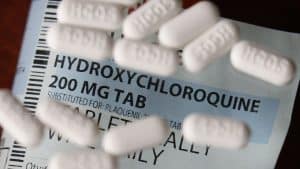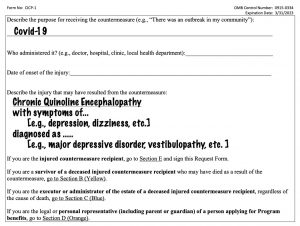Injured by Hydroxychloroquine or Related Quinoline Drugs? File Your Claim Now For COVID-Related Compensation
As described in our recent press release, The Quinism Foundation is encouraging those harmed by their use of hydroxychloroquine, chloroquine, and related quinoline antimalarial drugs to file a claim under the U.S. government’s Countermeasures Injury Compensation Program (CICP).
As recently reported, the CICP is “a decade-old U.S. government fund that has up to $30 billion that can be used to compensate for serious injuries or deaths caused by treatments or vaccines in the fight against the pandemic.”
Time is of the essence, as claimants have one year from their use of the drug to file a written claim.
Written claims forms are available here and through the CICP here. The CICP also provides instructions on how to submit a written claim through their website.
(Please note that in order to preserve eligibility, only the initial Request for Benefits Form needs to be sent by the one year anniversary of use of the drug. For those seeking compensation for injuries for themselves, only Sections A and E need to be completed. For those seeking compensation on behalf of a loved one, including one who has passed away, the law firm of Frier Levitt has this information available.)
Hydroxychloroquine and related quinoline antimalarial drugs first came to prominent media attention one year ago, on March 19, 2020, when former President Trump suggested imminent regulatory approval of the drugs for use against COVID-19. Hydroxychloroquine and chloroquine were subsequently approved by the U.S. Food and Drug Administration (FDA) under Emergency Use Authorizations (EUAs) for use in certain settings, before these approvals were subsequently revoked for reasons of safety and efficacy on June 15, 2020. Throughout the COVID pandemic, The Quinism Foundation has cautioned against the use of these drugs, owing to their dangers.
Although eligibility for compensation under the CICP may be limited only to those who used hydroxychloroquine or chloroquine under the terms of the EUAs for these drugs, The Quinism Foundation has written to the newly confirmed Secretary of the Department of Health and Human Services (HHS), Xavier Becerra, encouraging liberal consideration of CICP claims incorporating “good faith” belief and encompassing all reasonable use of these and related quinoline drugs against COVID-19, beginning March 19, 2020.
“We believe that beginning on this date [March 19, 2020], the public reasonably could have believed ‘in good faith’ that administration or use of antimalarial drugs of the quinoline class against COVID-19 was pursuant to the administration’s appropriate emergency authorities,” wrote Dr. Remington Nevin, MD, MPH, DrPH, executive and medical director of The Quinism Foundation.
As noted by Dr. Nevin in his letter, administration or use of such drugs “in good faith” would potentially meet criteria for their being considered a covered countermeasure under the law, and subject to potential compensation under the CICP. In his letter, Dr. Nevin also asked HHS to “recognize as a ‘covered injury’ any sign or symptom of encephalopathy caused by use of antimalarial quinoline drugs, associated with significant loss of function or disability.” Dr. Nevin also noted that “compelling, reliable, valid, medical and scientific evidence exists to establish a rebuttable presumption that certain illnesses, disabilities, injuries and conditions consistent with quinoline encephalopathy were caused by administration or use of these drugs. These include suicide, attempted suicide, and various mental, neurologic, and vestibular disorders.”
The Quinism Foundation encourages those considering claiming compensation under the CICP to obtain legal advice, and to carefully review the HHS instructions and frequently asked questions before completing and sending their form prior to the one-year anniversary of use of the drug. As the CICP does not provide compensation for purely psychiatric conditions, consistent with a proposed mechanism of “serious physical injury,” those claiming injuries resulting from neuropsychiatric effects may wish to claim their injury as “chronic quinoline encephalopathy,” describing the specific symptoms and diagnoses that resulted from this condition.



